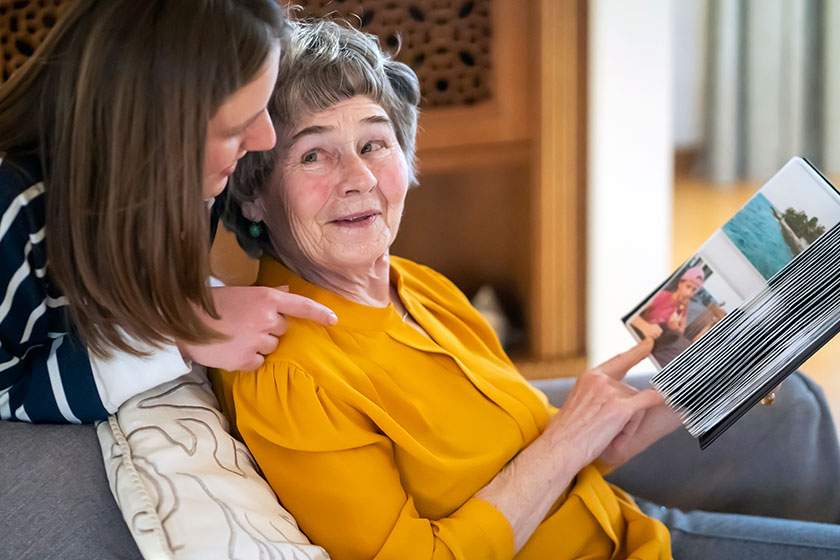Becoming a care partner for your aging parents can be a challenging but rewarding experience. As your parents grow older, they may require additional support and assistance to maintain their health, independence, and quality of life. In this guide, let’s learn essential tips for becoming a good care partner and providing compassionate care for your aging parents.
Understanding Your Role as a Care Partner
As a care partner, your role is to provide physical, emotional, and practical support to your aging parents as they navigate the challenges of aging. This may involve assisting with daily tasks such as bathing, dressing, and meal preparation, as well as offering companionship, encouragement, and advocacy.
Understanding your role and responsibilities as a care partner is the first step toward providing effective and compassionate care for your aging parents.
Communicating Effectively
Effective communication is key to building a strong and supportive relationship with your aging parents as their care partner. Take the time to listen to their concerns, preferences, and wishes, and involve them in decisions about their care whenever possible.
Be patient, empathetic, and respectful in your interactions, and strive to maintain open and honest communication at all times. Clear and effective communication helps ensure that your aging parents feel heard, valued, and supported in their care.
Educating Yourself About Aging and Health
Educating yourself about aging and health is essential for providing competent and informed care for your aging parents. Take the time to learn about common age-related health issues, medications, treatments, and caregiving techniques.
Stay informed about your parents’ medical conditions, medications, and treatment plans, and be proactive in advocating for their health and well-being. By staying educated and informed, you can better understand your parents’ needs and provide the best possible care and support.
Seeking Support and Resources
Caring for aging parents can be physically, emotionally, and mentally demanding, and it’s essential to seek support and resources to help you navigate the challenges of caregiving. Reach out to family members, friends, and support groups for emotional support, practical assistance, and advice.
Take advantage of community resources, such as respite care services, home health agencies, and retirement communities, to supplement your caregiving efforts and provide additional support for your aging parents. You don’t have to do it alone – seeking support and resources can help lighten the load and prevent caregiver burnout.
Taking Care of Yourself
Self-care is a crucial aspect of being a good care partner for your aging parents. Remember to prioritize your own health, well-being, and needs, and take regular breaks to rest, recharge, and rejuvenate. Make time for activities that bring you joy and relaxation, such as exercise, hobbies, and spending time with loved ones.
Set boundaries and don’t be afraid to ask for help when you need it. Taking care of yourself ensures that you have the physical, emotional, and mental stamina to continue providing compassionate care for your aging parents.
Supporting Your Aging Parents at Our Retirement Community
Becoming a good care partner for your aging parents requires patience, compassion, and dedication. By understanding your role as a care partner, communicating effectively, educating yourself about aging and health, seeking support and resources, and prioritizing self-care, you can provide the best possible care and support for your aging parents as they navigate their golden years.
Your love, support, and presence make a world of difference in helping your parents live a happy, healthy, and fulfilling life as they age.
Discover how our community can support you in your caregiving journey. With a range of senior living options, including Independent Living, Assisted Living, and Memory Care, our community is designed to meet the unique needs of elderly individuals. Visit us today and experience how we enhance the quality of life for both you and your aging parents.







